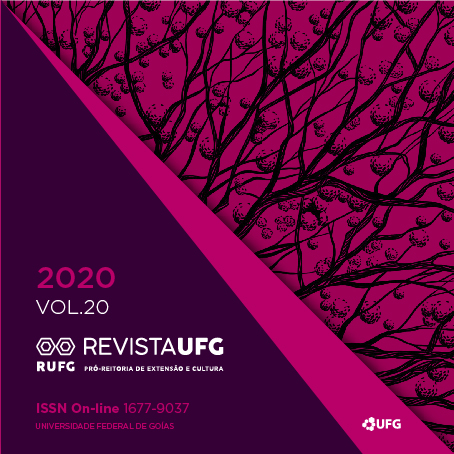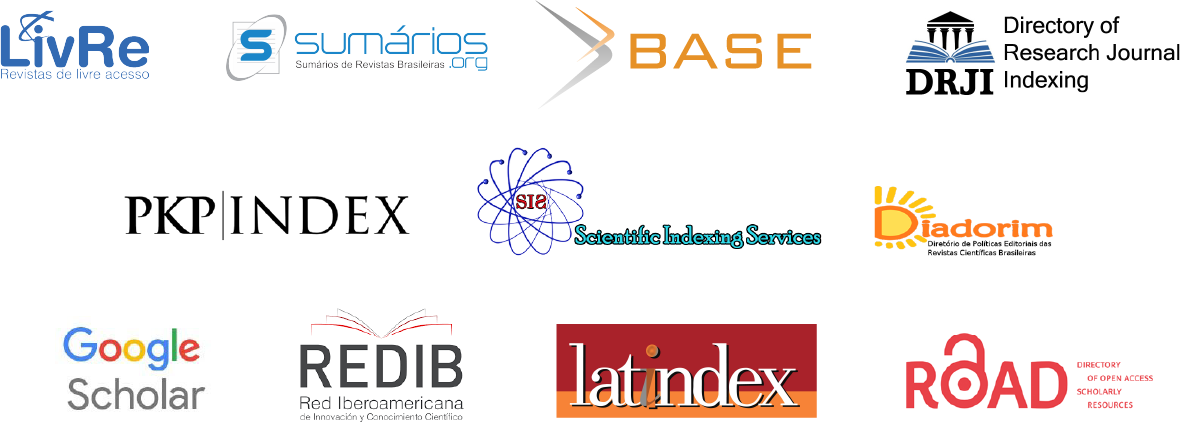⠀ Digital Literacy Against Anti-Science Speech and Fake News
DOI:
https://doi.org/10.5216/revufg.v20.65947Abstract
The post-truth era is characterized by a socio-cultural con-text in which objective facts have less influence in shaping public opinion than appeals to the individual’s beliefs. This epistemological crisis is a fertile scenario for the spread of false news, which also affec-ted the scientific community, which has suffered from the expansion of pseudoscientific and anti-scientific discourses on social networks, with the aim of undermining the public credibility of institutions in-volved in the production of knowledge. This attitude was even adop-ted by politicians and members of the Brazilian government, who disseminated false content to justify certain political measures. The work approaches the problem from the inductive method, through bibliographic review research. Digital literacy is proposed as a means of combating fake news, effective citizenship and, specifically, per-meability of the external community to the knowledge produced in the scientific community.
Downloads
Downloads
Published
How to Cite
Issue
Section
License
Revista UFG uses the Creative Commons CC-BY (4.0) - Attribution 4.0 International license for open access journals (Open Archives Initiative - OAI) as a basis for transferring rights.
Authors who publish in this journal agree to the following terms:
1) Authors may distribute, remix, adapt and build upon their work, even for commercial purposes, as long as they give UFG proper credit for the original creation. Authors may copy and redistribute the material in any medium or format.
2) Authors are allowed and encouraged to publish and distribute their work online (e.g., in institutional repositories or on their personal page) at any point before or during the editorial process, provided that reference is made to the place of publication origin, that is, the electronic address/reference of Revista UFG.
3) The authors of works published in Revista UFG are expressly responsible for their content.
4) All works submitted to Revista UFG that have images, photographs, figures in their body must be accompanied by a term of assignment of copyright of the author, of the participating member of the image and, in the case of children, of the relatives of the exposed children , with their data and signature.
Access the IMAGE USE AUTHORIZATION TERM document here.










